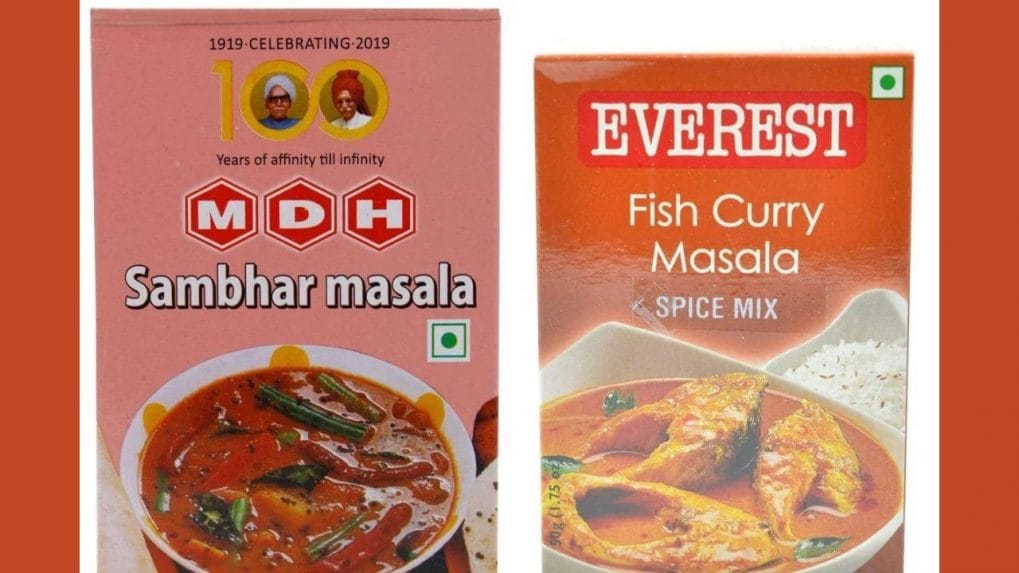Brand Makers
Dil Ka Jod Hai, Tootega Nahin

The Food Safety and Standards Authority of India (FSSAI) on Tuesday said that it did not find ethylene oxide (EtO), a food contaminant flagged by foreign countries, in MDH and Everest product samples.
The announcement was made after extensive testing of the samples of spices sold by the two companies.
This comes after the government of India conducted tests on the presence of this carcinogenic chemical (potential to cause cancer) in the Indian spice brands and found that some samples of Everest Spices were non-compliant under the strictest standards (0.1 mg per Kg) regarding the presence of EtO.l, on Monday. Meanwhile, the samples of MDH were found to be compliant.
EtO is used to sterilise spices but can pose health risks, including cancer, if the residue exceeds safe levels.
After, Hong Kong and Singapore respective food authorities ordered a recall of certain spice products exported by Everest and MDH as they claimed presence of ETO over the permissible limit, FSSAI initiated a pan-India drive of extensive inspections.
Under the same, over 300 samples of spices of other brands were also examined and no EtO was found in them.
"The raucous, almost deafening, cuss words from the heartland that Piyush Pandey used with gay abandon turned things upside down in the old world order."
Read MoreFrom OpenAI’s ChatGPT-powered Atlas to Microsoft’s Copilot-enabled Edge, a new generation of AI-first browsers is transforming how people search, surf and interact online — and reshaping the future of digital advertising.